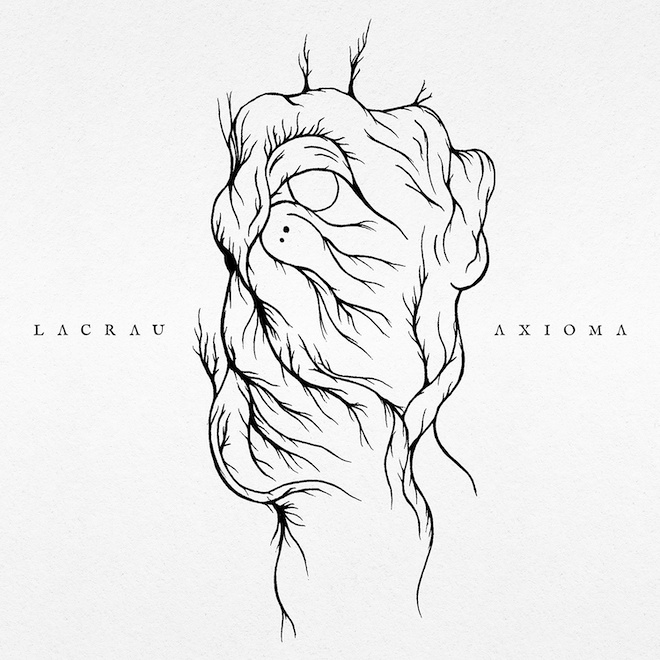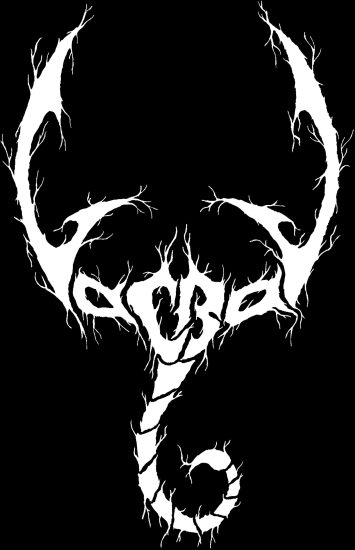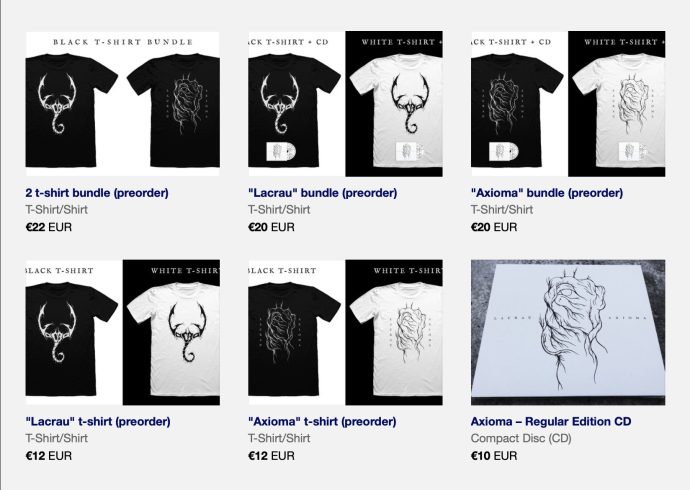
Death comes for some people suddenly, and often far too soon. For others it waits at the end of a slow process of physical and mental decline, far later than some would wish.
In times greatly distant from our own the harshness and hardships of life, coupled with an inability to treat illnesses, caused people to age and diminish faster and die sooner. But even then, as well as now, it has often fallen to children to care for declining parents, past the point when the pleasures of companionship have vanished and only pain remains.
In many cultures at different times around the world the problems of aging were solved by the practice of senicide — the killing of the elderly. In some places the aged were expected to relieve the burdens on their clans by killing themselves. In others, they became the victims of ritual sacrifice.
It is said that in ancient Scandinavia “the practice consisted in elderly people throwing themselves, or being thrown, from precipices after becoming unable to take care of themselves or perform everyday tasks.” And that practice, as described by the Portuguese band Lacrau, is the subject of their debut album Axioma, which we’re premiering in full today on the eve of its release by Monumental Rex.

Lacrau is a fairly new band, roughly four years old, whose lineup includes members of Carma and Everto Signum: On the new album Nekruss performed vocals, bass, and adufe, and guitars were performed by Nekruss and Æminus (session), with drums performed by session member Nikola Dušmanić.
The name chosen for the band means “scorpion” in Portuguese. As stated in this interview, “The behavior of a scorpion is reflected in our music – sometimes calm, sometimes aggressive, but always venomous in its essence.”
The lyrics on Axioma were also written in Portuguese. They are poetic, and describe the legendary Scandinavian senicide ritual in an impressionistic but harrowing way, portraying it from different angles: “the realization of the burden, the journey to the cliff, the induced feelings and the acceptance of the fate.” The cover art of Axioma depicts the main character of the story – a man covered in the roots of old age and with an empty gaze.
The music that unfolds across the album in a changing amalgam of depressive, black, and doom metal is every bit as heartbreaking and harrowing as the conceptual subject matter. Lacrau have created music that’s rough and raw, in keeping with the rawness of the emotions inherent in its concept, but also visceral in its grooves and compelling in its stricken melodies.
We’ve already discussed this music, in part, in the context of premiering two of Axioma‘s six tracks, and below we’re now providing a complete and detailed discussion, which includes insights about the lyrical narrative.
But for those who might lack the patience for something like that, feel free to dive into the music right away (you’ll find pre-order info if you scroll down to the end of this feature):
The album’s opening track “PREMISSA” (“Premise”) is an instrumental piece, but it isn’t the kind of brief (and often forgettable) “intro” track that opens many albums. Instead, it’s a five-minute experience that’s vital in setting the scene for the harrowing journey to come.
There, the guitars slowly ring and simultaneously abrade, burrowing into the listener’s head as their refrain repeats, creating a mood that’s dismal and dismayed, confused and fearful. The drums thump like the cadence of a staggering march, and then hammer out an urgent pulse as the guitar writhes and warps. When the drums fall silent, the music sounds like pleading, but the drums won’t be silenced for long — the march is inexorable.
The song “DOENÇA” (“Disease”) follows “PREMISSA“. Its lyrics poetically describe the degradation and exhaustion of the body as it is ravaged by time and disease, and becomes a burden to descendants. In translation they say:
As the time itself, the disease adds burden. Increasing in size, it increases contempt.
The body is exhausted in self-defeat. The feet leave away the tracks of a bygone century,
Stepping on their own abyss, on their own vertigo.
Now the root of the bone is an excessive weight, a load to carry for the descendant.
The song’s instrumental overture is moody and musing, earthy and engaging, and then harsher riffing intrudes, along with a jolting throb and then a fiery head-long surge. There’s something about that blazing and battering sound that’s uplifting, and something about the strong life of the bass and the rocking backbeat that’s joyful (it’s certainly damned catchy), maybe not what the narrative might lead you to expect.
But in part because of the frightening intensity of the vocals and in part because of the ensuing superheated frenzy of the music, the song does begin to sound like the despair and fury of someone whose former vigor is gone and who is now nothing but a load for others to bear.
At the end is another soft and beguiling instrumental, like a last memory of pleasure.
And then comes “DECLINIO” (“Decline”) in which the words describe the burden of the old man carried on his son’s back, his memories and mental capacities fading, beginning to let go, carried along a steep path to the ending time and place.
The melody is grim, as you might expect from the song’s subject matter, and the screaming vocals themselves scar the senses with their intensity. The intensity of the song as a whole magnifies, bathing the senses in a dense, roiling whirlpool of anguished sound. Yet the music also includes powerful head-moving hooks, and unexpectedly has the power to mesmerize notwithstanding its depressive mood.
Near the end the emotional turbulence boils over, the drums blasting away, the bass throbbing in a fever, the guitars seeming to wail, a heart that’s broken and beseeching.
And that leads the listener into “QUEDA“ (“Fall”). The strikingly evocative lyrics continue the narration of a devastating journey — a son stumbling as he climbs toward a precipice, carrying his father, a part of himself he is about to rip off in a final farewell, just as “the mountain rips through the long-suffering clouds”. “The old being reinvigorates, putting all efforts into one last deed – into the final farewell”.
Once again, the vocals expel the words in wrenching screams, above searing and slashing chords and compelling bass tones. And again, Lacrau add fuel to the music’s intensity, as the piercing guitars swell and burn, channeling feelings of dismay and turmoil in fiery swaths of shrill, distorted sound.
When the intensity ebbs, it’s a prelude to an instrumental segment in which the prominent bass continues seizing attention as the riffing becomes perhaps more reflective, but still agonized, and the vocals utter the words in more dismal but still harsh tones.
The drums continue snapping at the listener’s neck, but the lead guitar seems to warble and cry, driving the song’s tragic melodic currents even deeper under the skin, segmented by further bursts of turbulent intensity.
Two more tracks follow “QUEDA“. The translated words of “VENENO” (“Venom”) are these:
A thick scream inside the throat
Stuck in the vocal cords, glued onto the larynx walls.
Gnawing the silence, gnawing the fear.
The saliva itself is the venom, the seed,
The ring that ruptures on the iris and dissipates within.
There’s no mistaking the depressive qualities of the music. Here the pacing is slow at first, and the whine and whir of the guitars is a bolus of pain. But the pulse of the music as a whole, in every respect, magnifies greatly, darting and throbbing.
Again the guitars rise, flickering and searing in electrifying fashion that rapidly takes hold. As a portrayal of a final choking scream, with a life flashing across the eyes, it’s nonetheless exhilarating to hear, and powerfully memorable. Yet in the song’s final phase it’s also easy to imagine the awful feeling of the son who watches as the wind whistles, the agent of his father’s death.
And then at last there is “CONCLUSÃO” (“Conclusion”). Like “PREMISSA“, it is a spellbinding instrumental piece. The cold winds continue to whistle. A somber acoustic guitar melody channels a grim introspection. High above, other tones glimmer and shimmer, maybe the traces of memories that survive the loss, maybe some imagining of a spirit carried away to another place. There are always survivors, who must deal with what has broken within them.
******
Axioma was recorded and produced by Lacrau independently, and mixed by Nekruss. The abstract and symbolic illustrations, hand-drawn by Gabriel of Lacrau, complement the story, while the design and layout tasks were carried out by Infected Minds.

Monumental Rex will release Axioma on CD digipack format, as well as digitally. In addition, it is offering two t-shirt designs and bundles of those with the physical CD edition. The CD digipak edition includes a folded insert with six illustrations (one for each track) and the respective song lyrics.
Pre-orders can be placed now via the link below, and we’re also including other links for more info.
PRE-ORDER:
https://lacraubm.bandcamp.com/album/axioma
MORE INFO:
https://www.facebook.com/lacrau.bm
https://www.facebook.com/monumental.rex

Oh man I’m sticking this in as deep as it will go , then! Adjust ing the angle to slide in more
Mixed by Nekruss, indeed .
This came out of left field. I never know what to expect when an album cover is white. (yes I judge books by their cover). This is a striking album. The songs are not exactly heavy, more like dark and compelling. I had to get used to the somewhat hardcore vocals, but after that…very good.